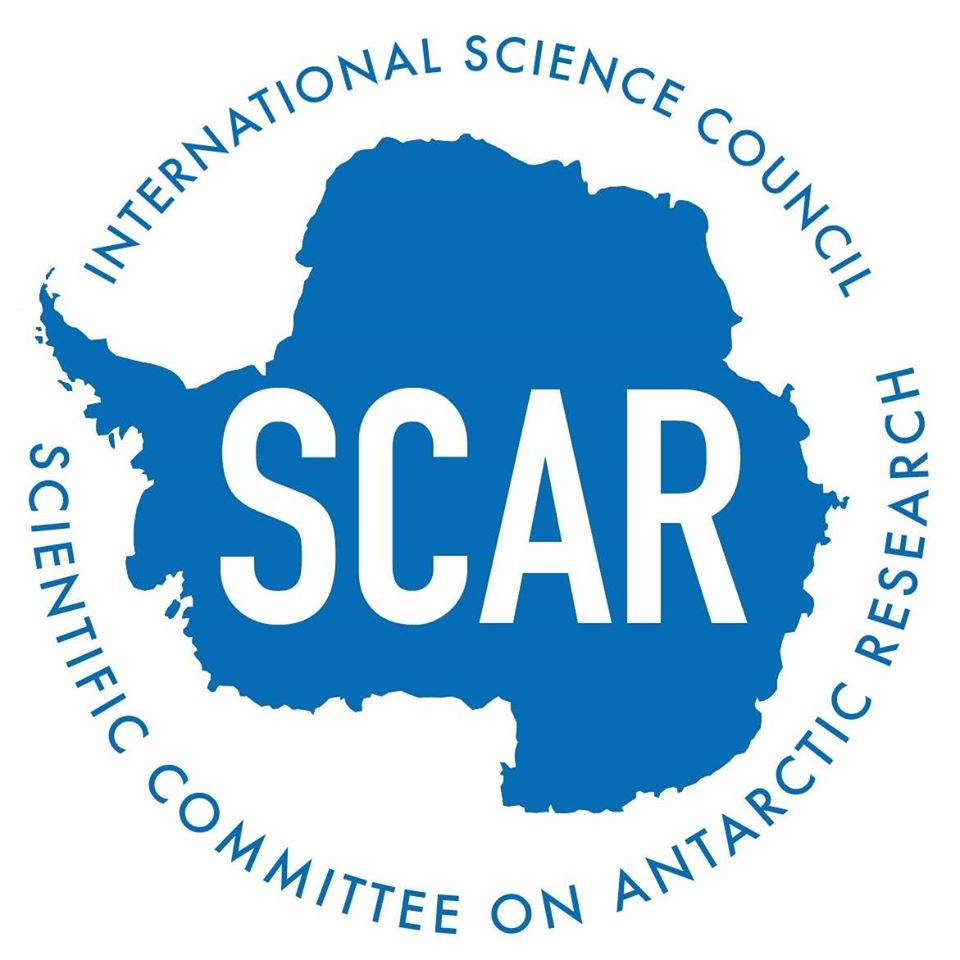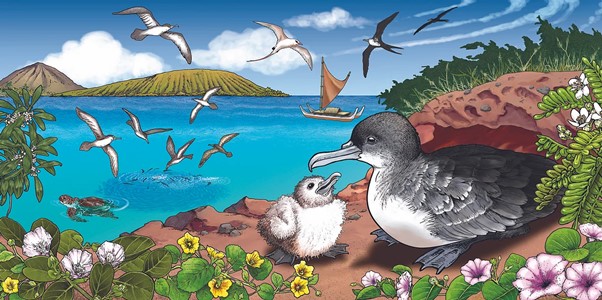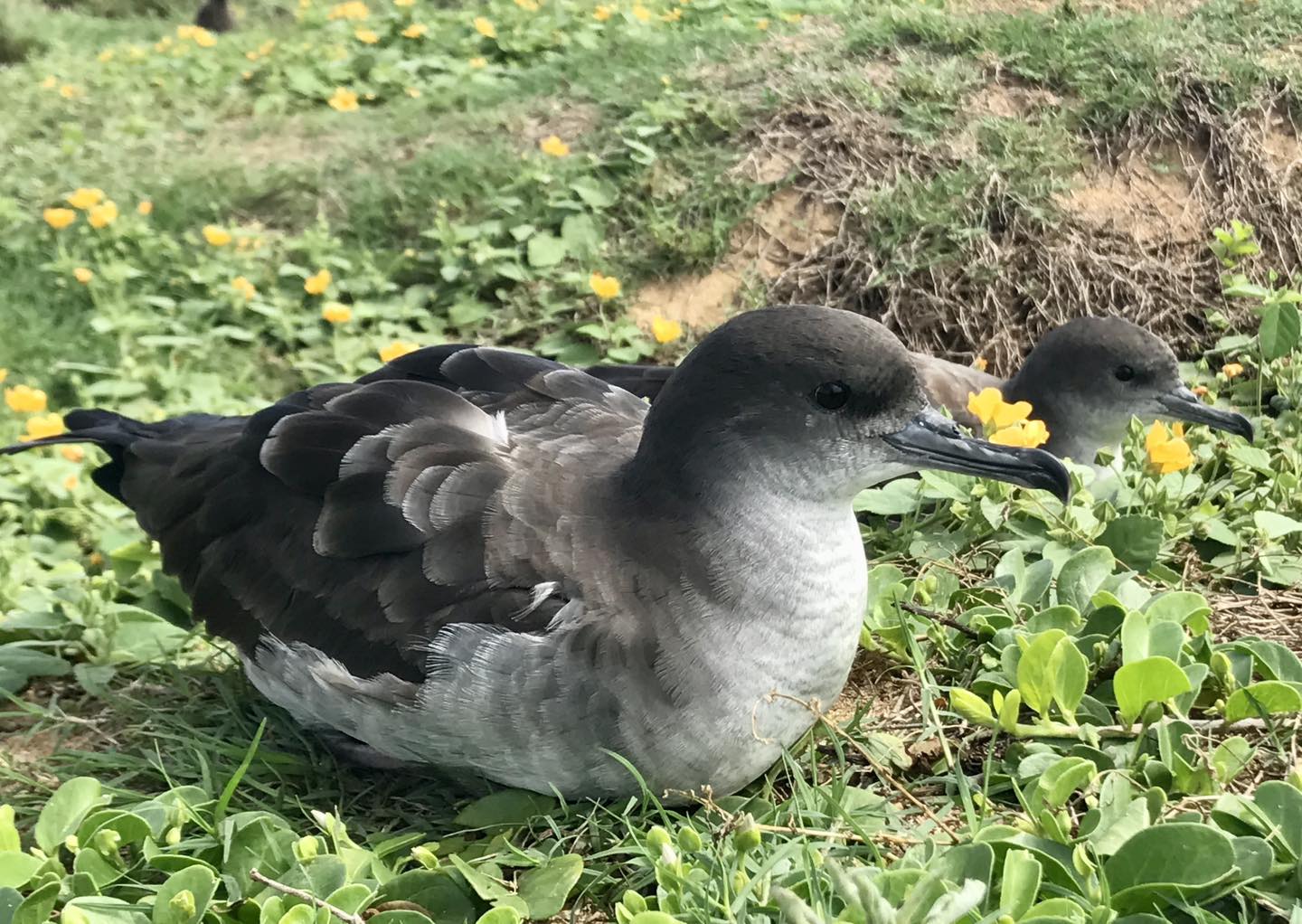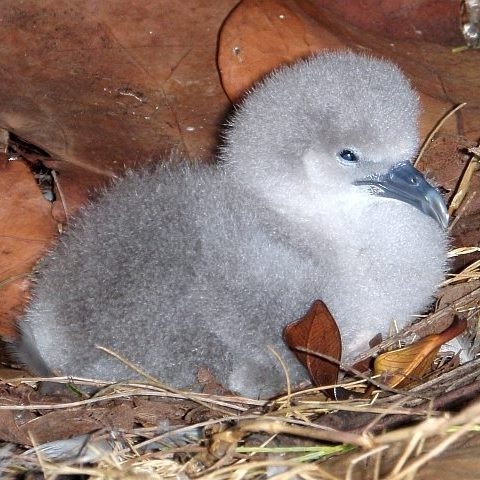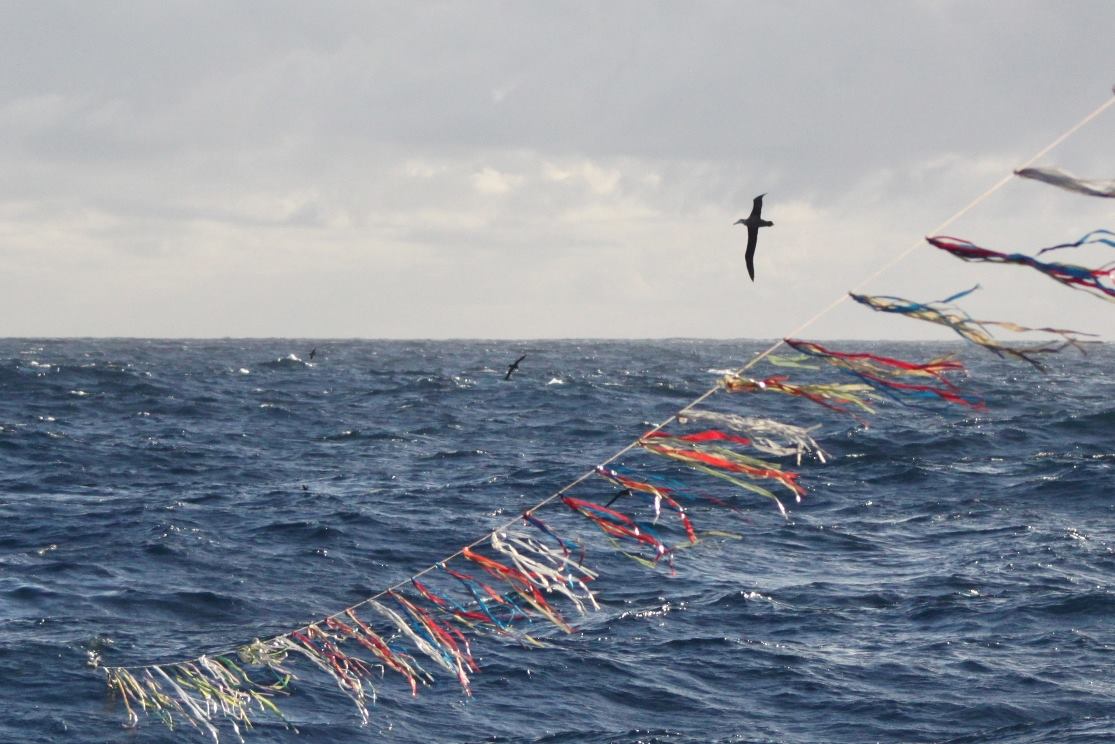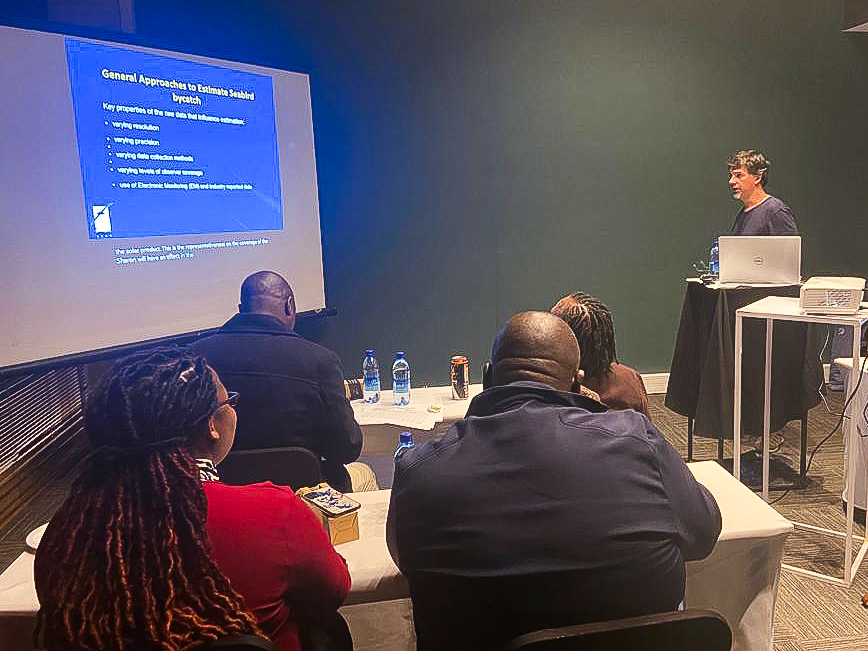 Sebastián Jiménez, Co-convenor of the Agreement on the Conservation of Albatrosses and Petrels’ Seabird Bycatch Working Group (SBWG), presents on seabird bycatch at a workshop in Namibia
Sebastián Jiménez, Co-convenor of the Agreement on the Conservation of Albatrosses and Petrels’ Seabird Bycatch Working Group (SBWG), presents on seabird bycatch at a workshop in Namibia
Sebastián Jiménez, the Co-convenor of the Agreement on the Conservation of Albatrosses and Petrels’ Seabird Bycatch Working Group (SBWG), recently participated in two workshops in Namibia. The workshops, held by the Albatross Task Force (ATF) and the Namibian Government, centred on the issue of seabird bycatch in local fisheries.
Namibia has made significant progress in reducing seabird bycatch in its fisheries. A paper published in 2021, showed a 98% reduction of seabird deaths in the country’s demersal longline fisheries due to increased government regulation, the implementation of seabird bycatch mitigation measures and a comprehensive observer programme.
The effective implementation of seabird bycatch mitigation measures was one of the areas of focus at the ATF workshop. Sebastián presented on ACAP’s Best Practice Advice (BPA) for reducing seabird bycatch in fisheries and current research priorities for mitigation measures across pelagic longline, demersal longline and trawl fisheries. Additionally, the importance of engagement with Regional Fisheries Management Organisations (RFMOs) was emphasised.
At the Seabird Bycatch Data Workshop hosted by the Namibian Government, Sebastián detailed ACAP’s guidelines for collecting data on seabird bycatch and underscored the potential of the ACAP data portal in facilitating seamless data sharing between Namibia and the broader ACAP network. Data collected by observers on-board fishing vessels are critical to improving knowledge of the impact of fisheries on ACAP-listed species.
Highlighting the outcomes of the workshop, Sebastián commended Namibia's observer programme and its proactive implementation of mitigation measures to minimise seabird bycatch. Despite facing challenges in achieving complete observer coverage on fishing trips, Namibia has maintained an average of approximately 70% observer coverage annually across its fisheries. Participants from the Namibian Ministry of Fisheries and Marine Resources (MFMR) and the Fisheries Observer Agency (FOA) expressed a strong interest in refining data collection practices.
Namibia has a long history of involvement with the Agreement with government representatives attending ACAP’s annual meetings since ACAP came into force in 2004.
20 November 2023

 English
English  Français
Français  Español
Español 